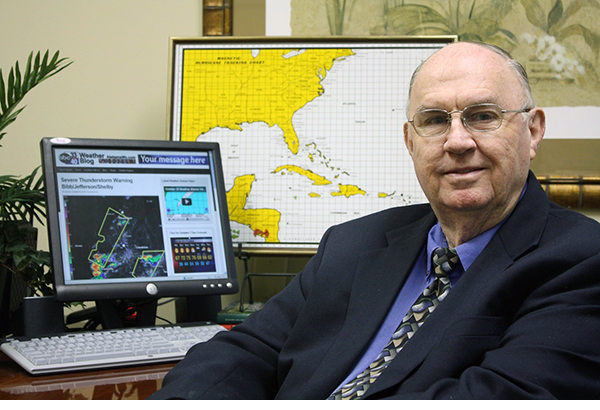UAB Researchers Study Why Some People Don’t Suffer Alzheimer’s Effects
By Bob Shepard
Researchers believe that some people – perhaps 30 to 50 percent of the population – are resilient to the effects of Alzheimer’s disease. Understanding what makes these people resilient to the debilitating symptoms of dementia could be a key to developing ways to treat or cure the disease.
“These are people who develop the pathology of Alzheimer’s disease: the tangles of tau protein and the accumulation of amyloid protein in the brain,” said Jeremy Herskowitz, Ph.D., assistant professor in the University of Alabama at Birmingham Department of Neurology, School of Medicine. “But they don’t develop the symptoms of the disease and are resilient to its effects. If we can understand why this segment of the population is resilient, we might have a new target for slowing or preventing the disease in those who are not resilient.”
Armed with a $5.5 million, five-year grant from the National Institute on Aging, part of the National Institutes of Health, Herskowitz and colleagues at Rush University in Chicago and Emory University in Atlanta will launch a study to examine what makes those resilient to the disease different.
Please visit Alabama News Center for the read the full article.
Category: ALL POSTS, Partner News Stories

















